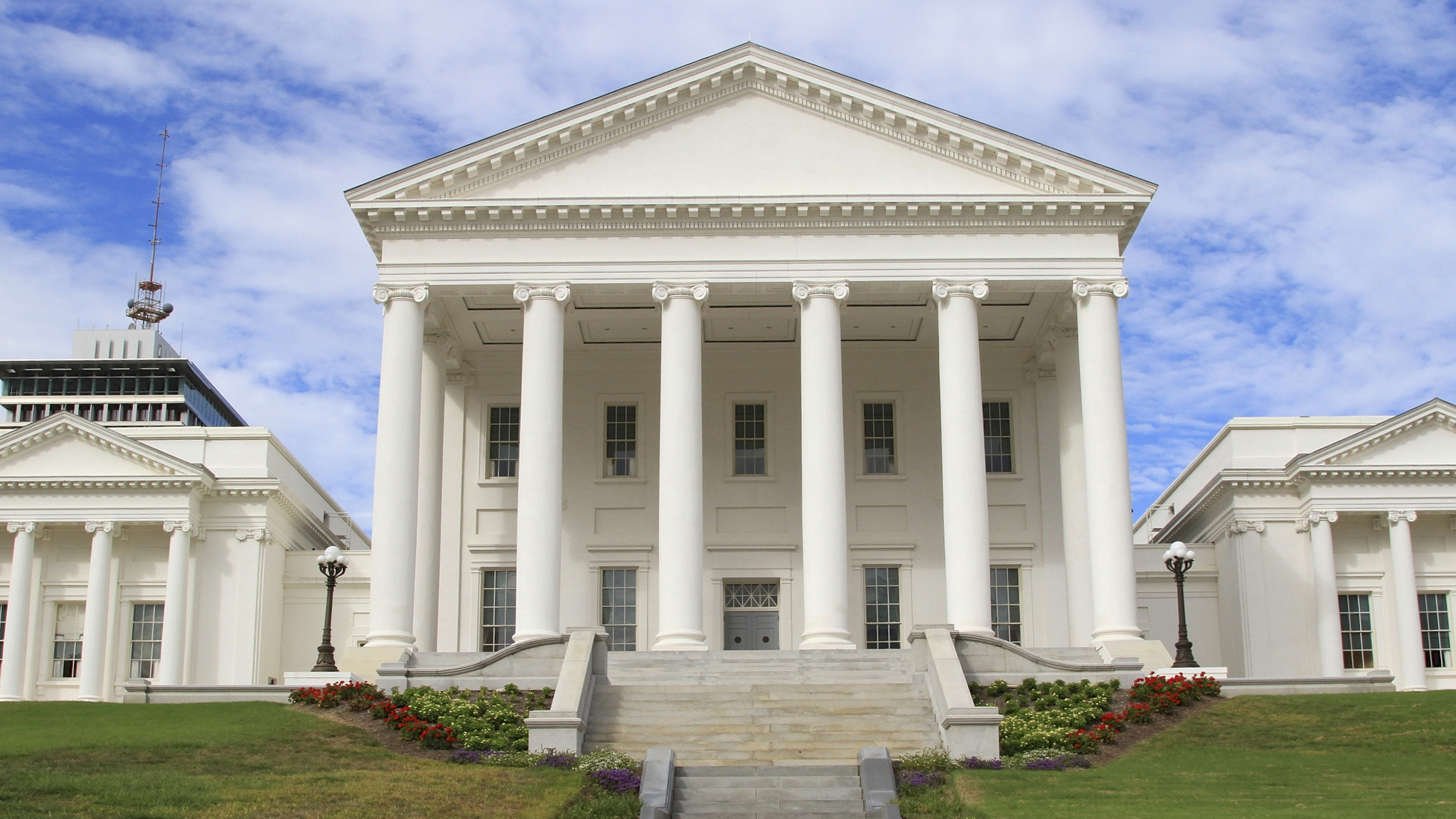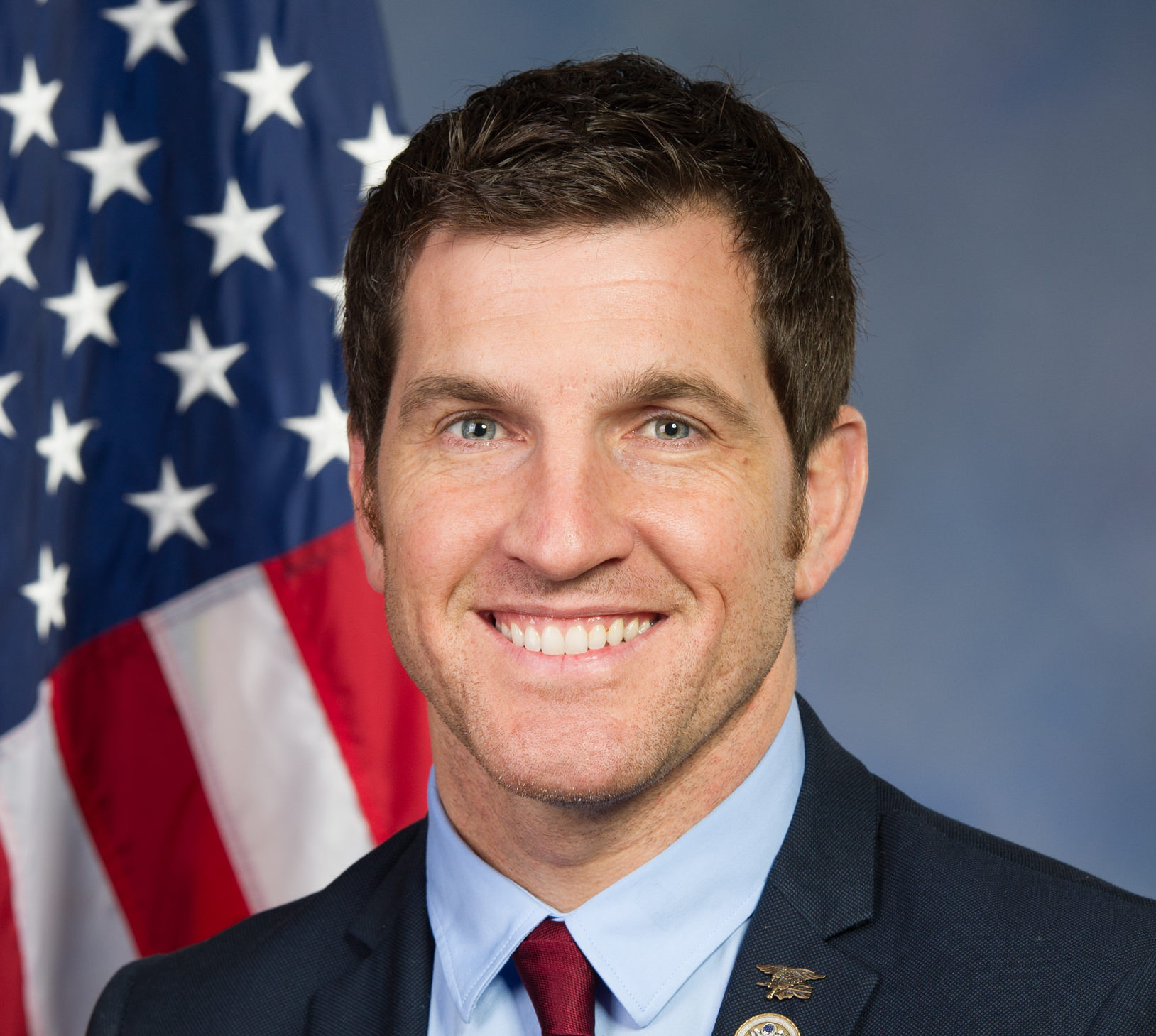The Library of Virginia is tasked with processing all official correspondence from the Governor’s Office after one-term executives leave their post. These records reflect the issues of each term of office, the framework of Virginia government at that time, and tell the tale of the many trends in Virginia economic, political, and social history dating back to the founding of the United States of America.
While the commonly referred to “Governor’s Papers” should be processed expediently for all Virginians to view, that is not the story of how procedure works in reality. There are now decade-long backlogs in processing that Republicans in the Virginia House of Delegates are seeking to rectify.
“When the Library of Virginia receives correspondence from the Governor at the end of their term, they should be put online and available without delay,” said Majority Leader Todd Gilbert (R-Shenandoah) in a press release.
Nevertheless, in the era of the Internet and with technology being as advanced as it is today, citizens across the Commonwealth are still forced to wait years on end to gain access to the official correspondence from past governor’s administrations.
H.B. 1702, introduced by Delegate Gilbert, would help solve the problem by requiring the Library of Virginia, the “disposition of official correspondence of the Governor,” to “catalogue (sic) and make accessible to the public all correspondence and other records required to be delivered by an outgoing Governor within one year of the delivery of such correspondence and records.”
The highly-popular measure passed with a unanimous 99-0 vote in the House of the Delegates on Tuesday.
“House Republicans have consistently advocated for ways to to promote transparency in state government,” said Speaker of the House Kirk Cox (R-Colonial Heights), who is pushing for better accountability and transparency for all Virginians.
“[H]aving last year pushed for all committee meetings to be live streamed and required recorded votes in subcommittees; we are preparing for all subcommittees to be live streamed once we move into the new General Assembly Building. This bill goes one step further to ensuring a fair and open government,” he added.
In the state legislature’s upper chamber, identical legislation, S.B. 1073, patroned by Delegate David Sutterlein (R-Roanoke), passed with a 39-0 vote on Monday.
For years, the library has lacked the staff needed to process the huge amounts of emails and other gubernatorial records as fast as many would want. Under state law, however, the records are not required to be released under Freedom of Information Act (FOIA) requests while being cataloged.
In fact, the Library of Virginia is still in the process of cataloging the records of Senator Tim Kaine (D-VA), who was governor from 2006 to 2010, and ran as the vice presidential nominee for Hillary Clinton in the 2016 General Election.
“The public should not have to wait a decade before being able to have access to Governor’s records from during their time in office,” Majority Leader Gilbert added.
In addition to manually reviewing documents, the Library of Virginia is currently participating in a project conducted by Waterloo University in Ontario, Canada, to develop an artificial intelligence tool to aid in identification and redaction of protected information. Although the A.I.-based tool does reduce the costs and time associated with redaction of protected information, it does not replace human interaction with records.
The bill will inject $945,000 into the library’s fund in 2020 to speed up processing gubernatorial records. Moreover, $410,000 will be dedicated to hiring four additional archivists to carry out the manual review processes in the years to come, according to the bill’s impact statement.
As the bullpen of potential Democratic presidential candidates swells, former Virginia Governor Terry McAuliffe (D), who left office in January of last year and is hinting at a run in 2020, would be certainty be painted with close scrutiny if he were to make his intentions official. The bill would ensure that all Virginians are able to view his official papers and correspondence while he was the political leader of the Commonwealth.





